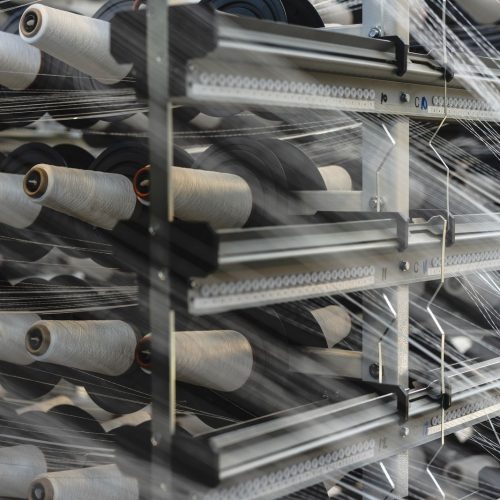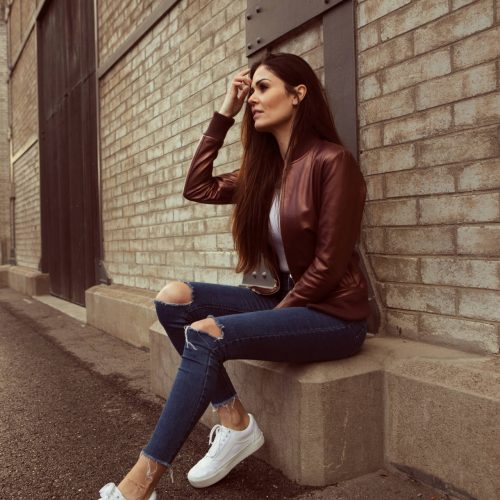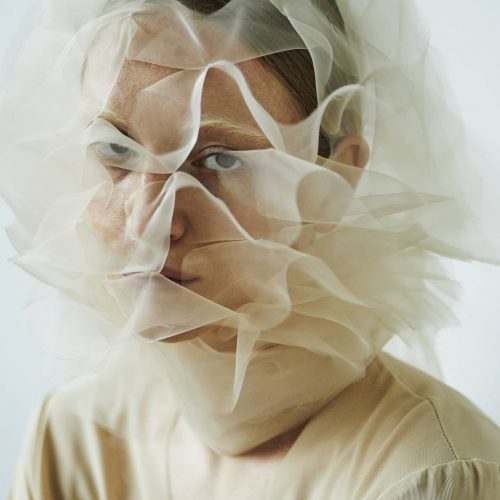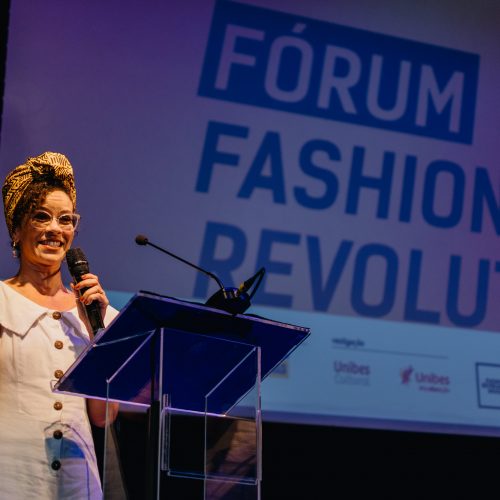Momad | Sustainability And Digitisation Shapes The Future of Spanish Fashion
Momad 2022, the fair that brings together the entire fashion industry in Spain, showed that the recovery of the sector is already happening and that sustainable fashion is increasingly essential in the new global scenario.
To receive the Luxiders Newsletter, sign up here.
We arrive to Madrid. MOMAD 2022, the most important fashion event on the Iberian Peninsula, is very busy. The fashion brands taking part in it are signing orders, the conference area barely shows a free place... At last, the fashion business is picking up steam again.
"We had our doubts because of the high number of contagions. On the 12th January we decided that we had to move forward. If the shopping centres are open, why should we think it is dangerous to hold a fashion event? The control and health measures are much higher in fairgrounds". - declares to Luxiders Magazine Julia González, General Manager of Momad.
As soon as we arrive, the event organisers invite us to discover a digital project they are working on to be ready for the Metaverse: "At the trade fairs of the future we will wear light glasses that will allow us to see digital signage, prototypes of collections or even how a sneaker still in production looks on us thanks to augmented reality or virtual reality" - says Raúl Calleja, general manager of Helixa Project and IFEMA's director of digitalisation and business diversification. It's very interesting. It opens our eyes to a new trade fair model, in which digital and traditional will complement each other without cannibalising each other. The pandemic has shown better than anyone that offline is essential at fashion events, both because we need to touch the clothes and because physical networking is much more effective than digital.

Hemper
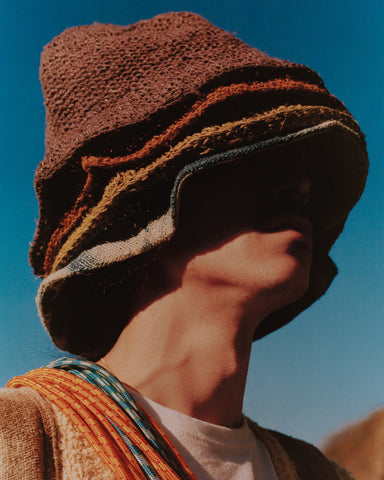
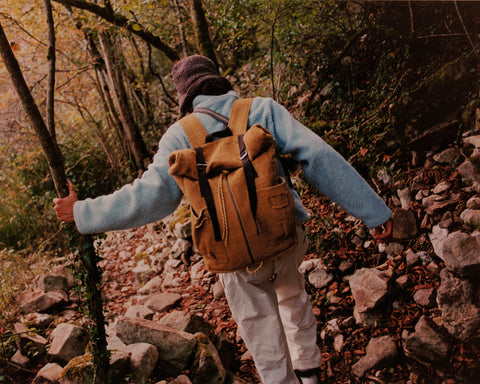
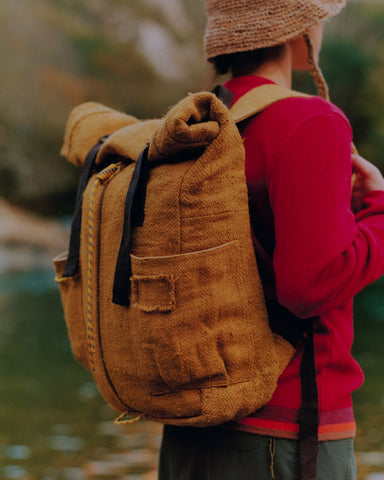
A SUCCESSFUL EDITION OF MOMAD IN THE MIDST OF A PANDEMIC
Visitor traffic at MOMAD is high. "On the first day we had more visitors than on the previous edition in September, which was a great success", says Julia González, the fair's general manager. The show brings together more than 330 companies and brands from Spain, along with representatives from 12 international countries. More than 6,000 professionals, 11% more than in the September edition, visited the event... Indeed, from our conversations with most of the exhibitors we can assure that satisfaction is general.
"We have had a lot of visitors, the truth is that we did not expect so many." - says Gloria Gubianas, co-founder of the sustainable brand Hemper. "Momad flows very easily, making us meeting and having a direct contact with customers to show them our values and objectives" - declares Lola Barrera, CEO of the sustainable brand Wisuland. "The fair has provided us great new customers, mostly nationals who love colours, design and eco-quality garments" - said the designer of the eco-fashion brand Tartaruga. "Nowadays there is no doubt that the best channel to show your product is internet and social media marketing, but specialised trade fairs like Momad bring you face to face with the person who decides to hang your product on a shop, it gives you the possibility to have a friendly conversation and the benefit to the buyer to test the product as well as to know more closely the needs of each business for your product. This makes it easier to build customer loyalty after the fair. I have been able to see the interest in the brand after the fair, in addition to the loyalty gained at the Momad fair itself in different parts of Spain and Portugal and a very interesting proposal in Italy that we are working on" - declares Nuria Polo, CEO & Creative Director of the recycled fashion brand Awita.
"Awita's presence at Momad has been really successful. Here we have been able to transmit our philosophy and commitment (...) Our presence at the fair has made us gain market share, we have reinforced our brand image, the interaction with the buyer has been the best, as well as all the contacts" - says Nuria Polo, CEO & Creative Director of sustainable fashion brand Awita.
THE SUSTAINABLE EXHIBITION AT MOMAD
As we mentioned in our article about Momad published before the fair, in this edition the sustainable fashion offer was not only represented by an area focused only on brands with a 100% sustainable DNA, but it was extended to the global offer through fashion brands with sustainable collections or fashion lines within an extensive catalogue of products.
In the sustainable area, Awita showed its creativity through craftsmanship and the technic of upcycling fabrics to create a new garment. "This has been our priority when it comes to making the brand known and it has been very gratifying to discover the buyer's interest in this sense". The designer presented a collection made from recycled fabrics.
Hemper showed her handmade hemp backpacks dyed with 100% natural dyes. The young creators of the brand, who are self-proclaimed social and environmental activists, have secured financial support from the European Institute for Foreign Trade. The roll-top designs of the backpacks, the colour palette in which they are available and the social project behind the brand are well worth the purchase.
Wisuland presented a collection of ultra-modern sneakers made from 100% natural materials. "We use natural organic materials, created with artisanal care, with manual processes, without toxic chemicals and within ethical practices. In this way we reduce CO2 emissions and such a precious commodity as water. At Wisuland, we are also committed to equality, wellbeing and the development of people".
Capsula Organic Brand is a women's fashion brand made in Portugal with sustainable materials. "Capsula Organic Brand's ambition is to continue creating small collections that guarantee customers that they are buying a differentiating product, of infinitely higher quality than that of a fast fashion brand, and that they are supporting the entire national economy" - says Mariana Pinto Sousa.
In the sustainable zone we also talked about the problem of textile waste with Pedro F. Andrés Oliver and Juan Carlos Aranda, from Texlimca, all about Circular Textiles | Making Fashion Sustainable. They open our eyes: "7-8% of general urban waste is irrecoverable and non-valuable textiles. It generates costs from the moment we put it in the general waste bin". In this sense, we all hope that the new law on selective textile collection will help to improve the situation. The new Directive obliges EU Member States to begin separate collection of textile waste by 1 January 2025, and to set targets for the preparation for re-use and recycling of textile waste. This will have an impact on the entire textile value chain as companies will need to start designing and preparing their products to contain a certain percentage of recycled material and to allow for recycling. Juan Carlos also emphasises the problem with greenwashing: "Last year 30,000 tonnes more organic cotton was sold than was produced". That gives us an example of the falsification of data to which we are exposed.
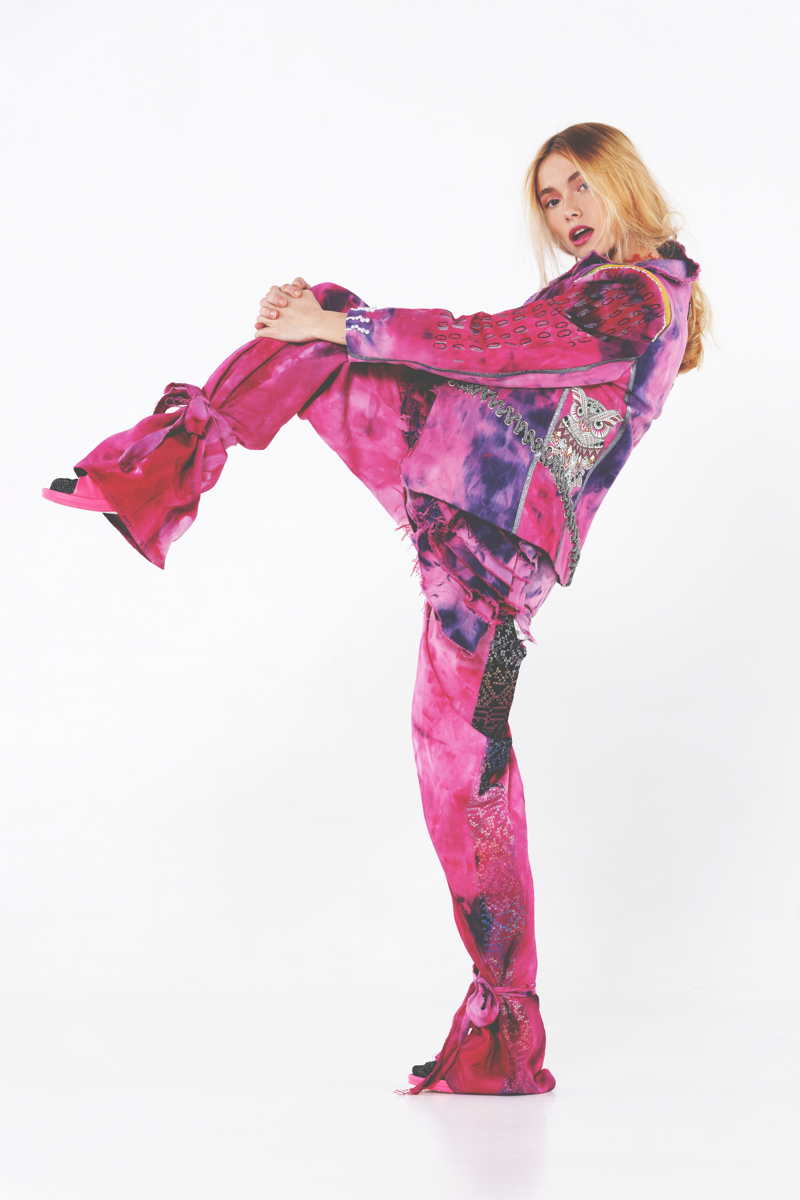
Awita. Image © Guillermo Junquera
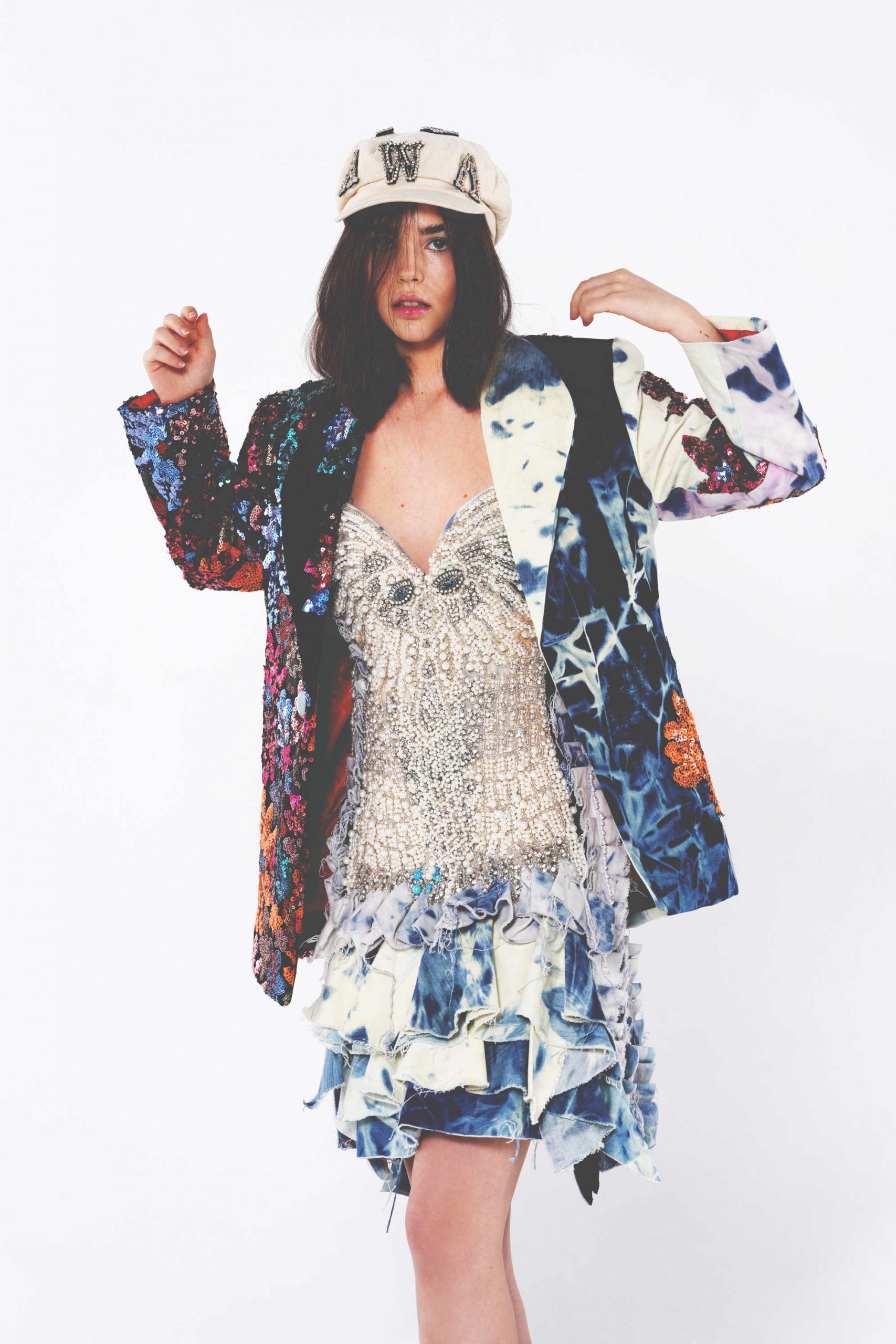
Awita. Image © Guillermo Junquera
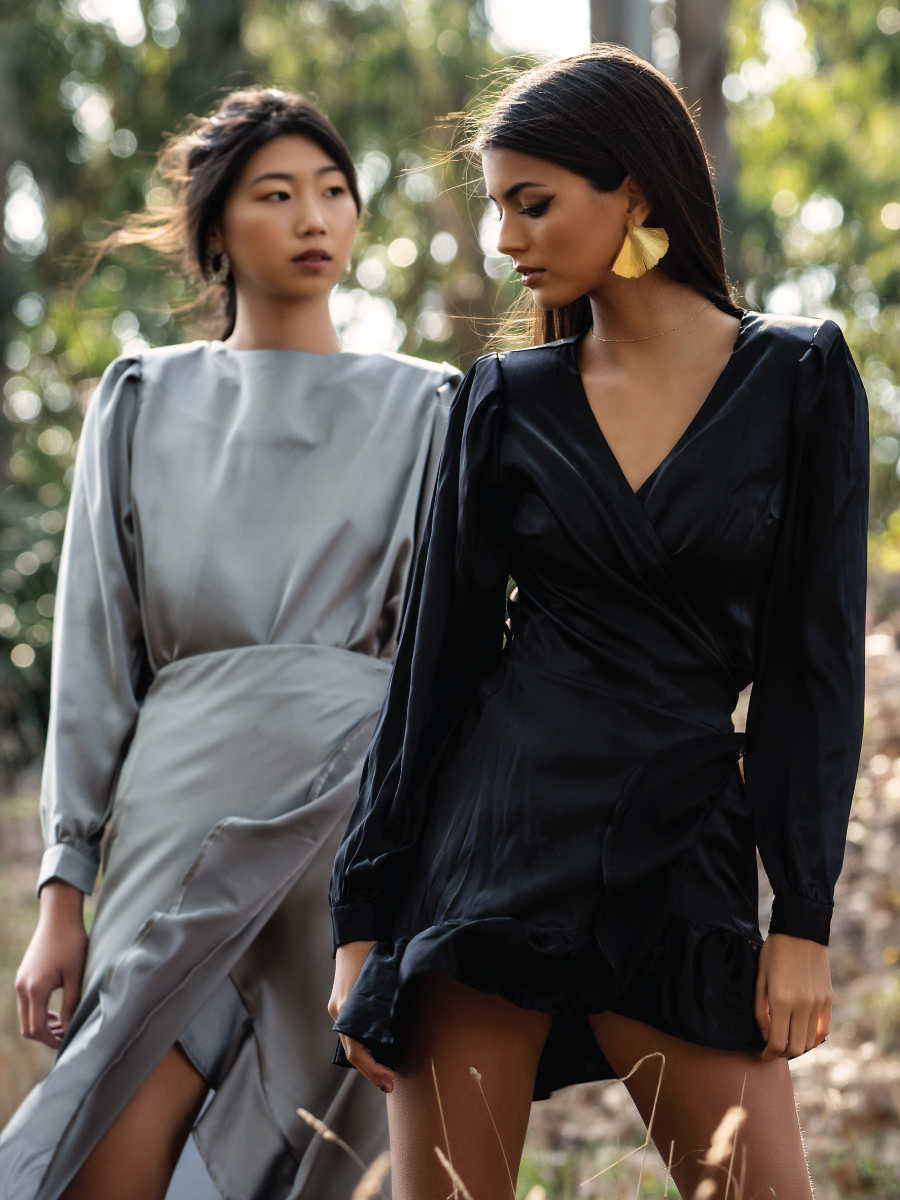
Capsula Organic Brand
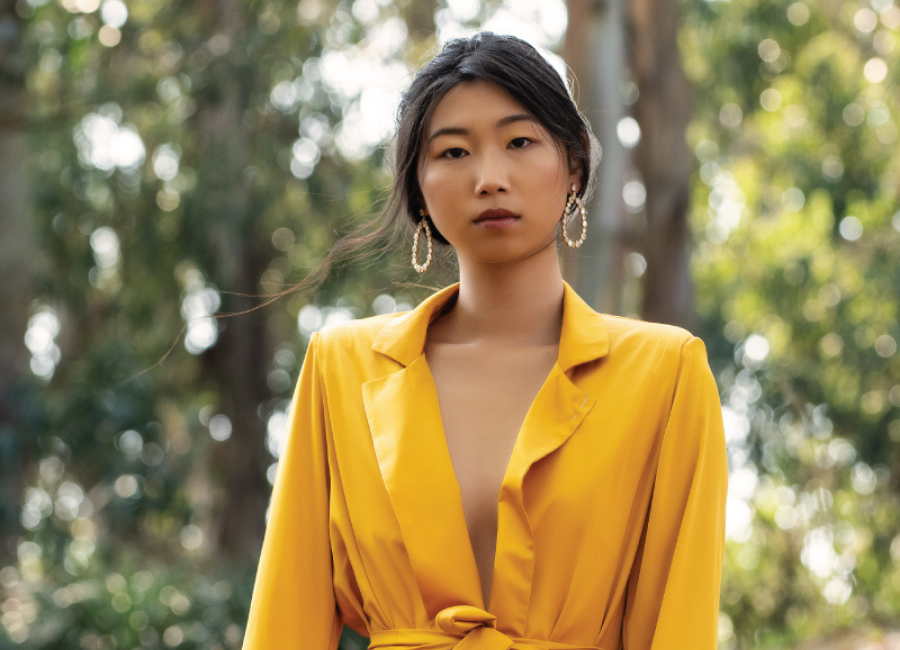
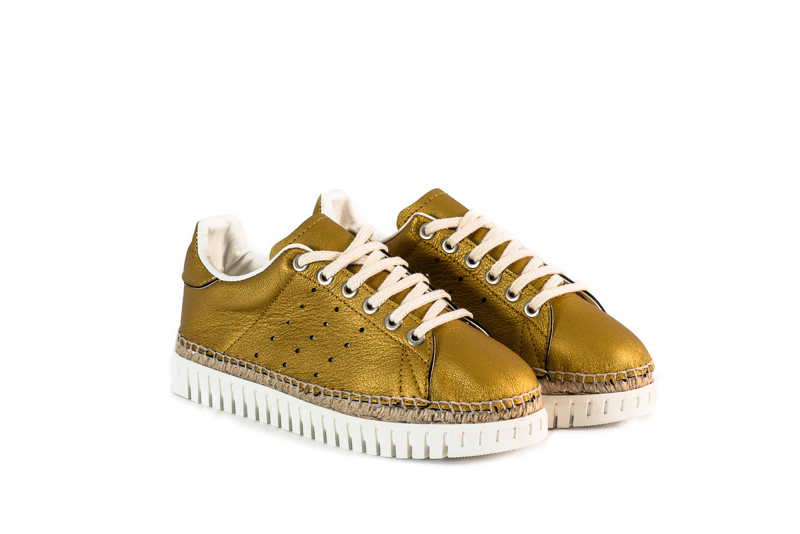
Wisuland
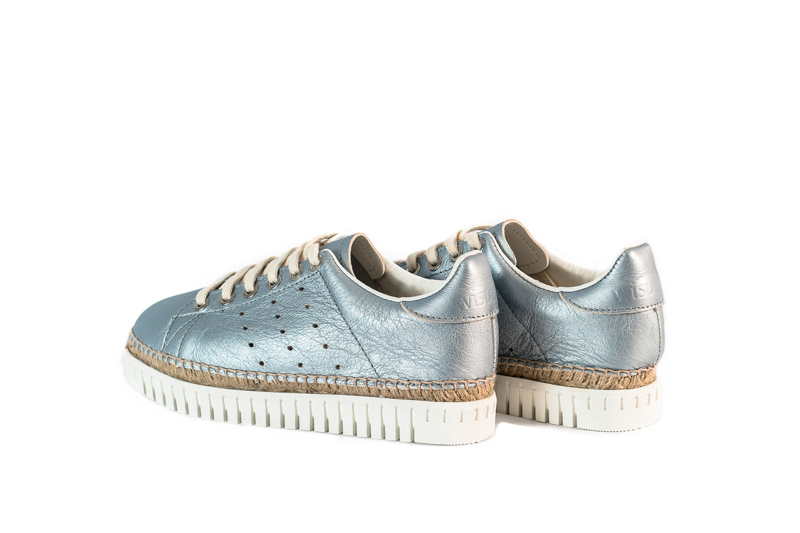
COLLECTIONS FULL OF COLOUR AND POSITIVE IMPACT
In the general area at MOMAD, we really liked Tartaruga's collection. "We make slow fashion, which guarantees the durability and quality of the garments, with natural dyes created by us from minerals that do not have a negative impact on the ecosystem. The manufacturing is ethical, which gives us an exact traceability of all our garments, knowing who is behind the whole manufacturing process from scratch, materials used (threads, trimmings, patterns, dyes, fabrics, etc ...) and above all the workers, who perform their work under hygienic and fair conditions.
All Tartaruga collections are made with 100% organic cotton, from the fabric to the trimmings, and to the last stitch of each garment.
We were also surprised by Elisa Cortés, who assures us that during the more than 30 years that the brand has been active, it has used only European fabrics and the production is 100% made in Spain with fair wages. "We work with nearby workshops, with Spanish suppliers and our own sales network. The collections always reflect good workmanship, quality and a focus on women". We loved the new line of accessories presented at the fair. "They are made from leftover leather from producers who work for luxury brands such as Loewe, the brooches are stones and minerals that you can interchange from one bag to another, ensuring a unique style and thousands of possibilities".
At Momad, we also spoke to BestSeller, who assures us that "90% of their products are made with sustainable materials" and that "the company's plans are to reach 100% in the next few years". It's a pity that we were unable to get answers from the brand's communication managers so that they could explain more about this sustainable side of the brand. After all, it is a fast fashion brand, so it is very interesting to investigate and understand the sustainable side.
"More and more we see how fashion manufacturers are starting to work with sustainability criteria, both in terms of traceability, how the product is being manufactured, where..." - assures the director of the fair, Julia González.
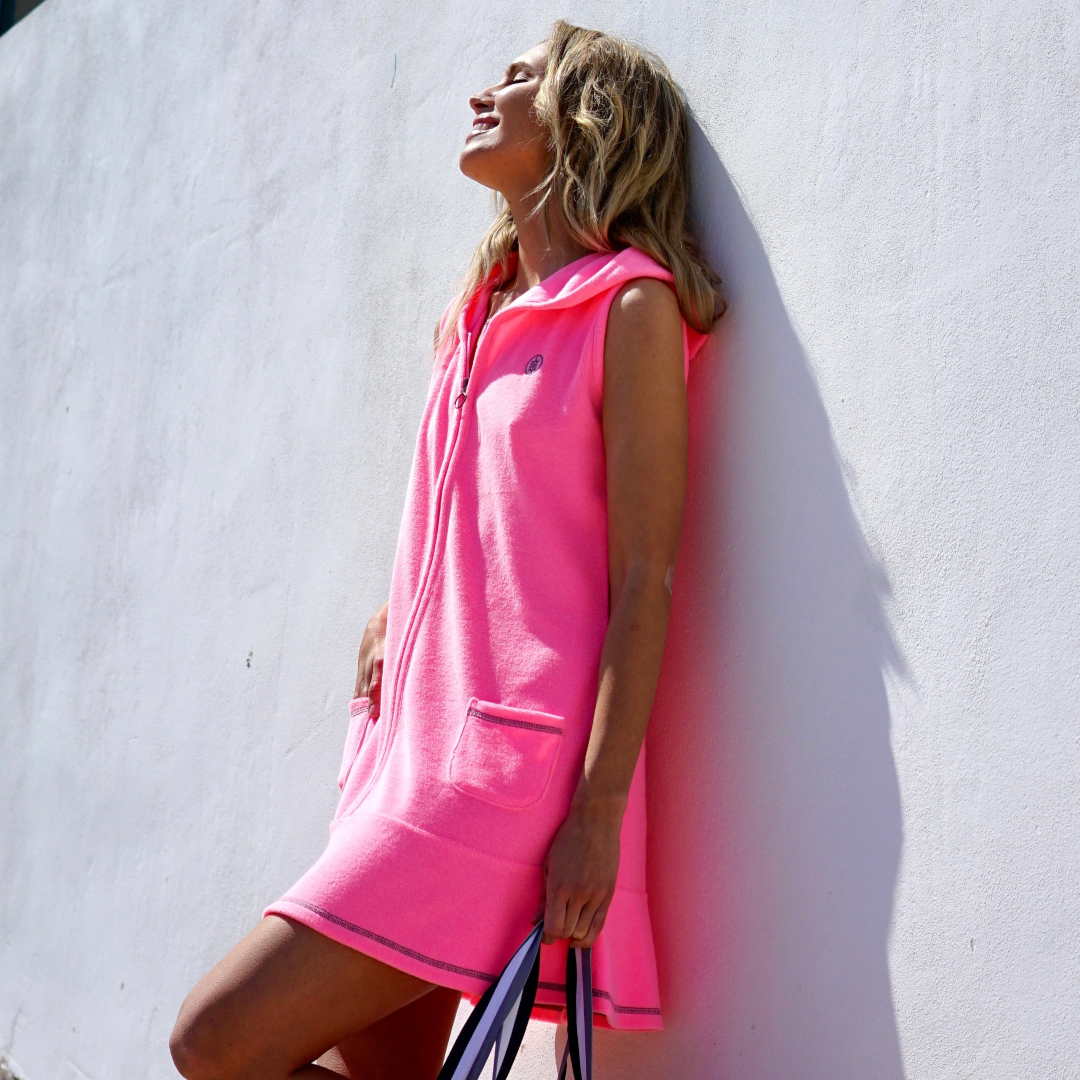
Tartaruga
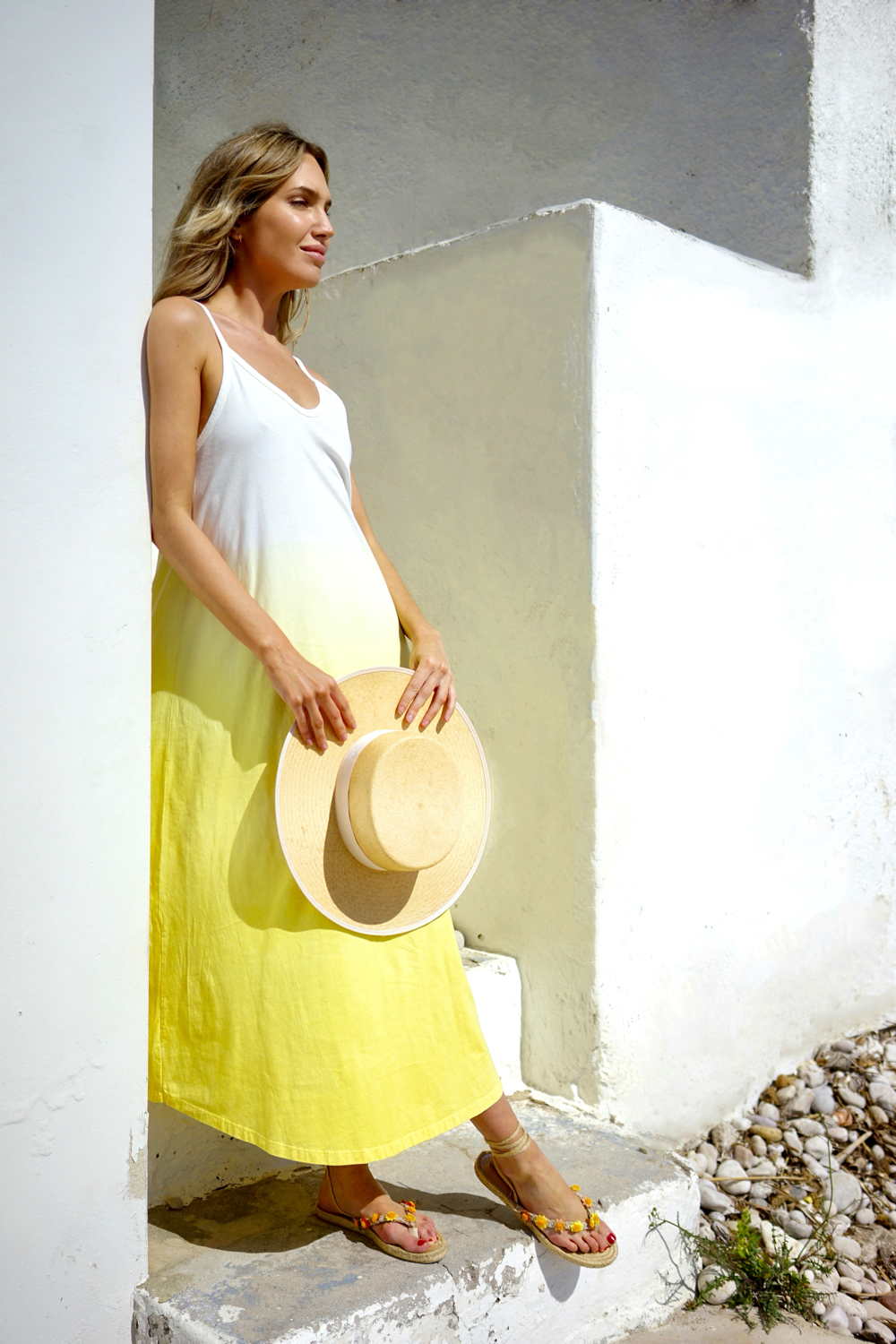
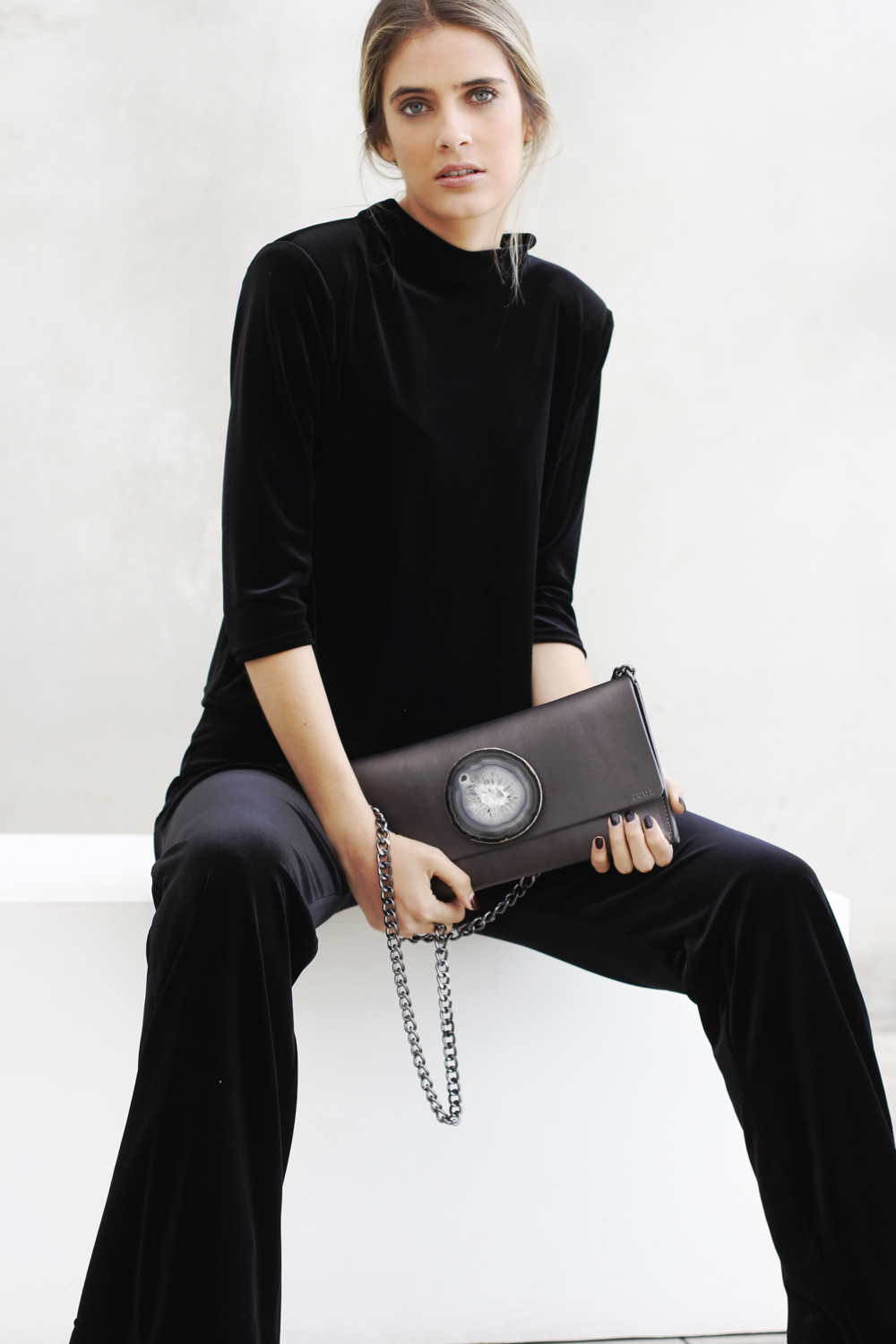
Ecue & Elisa Cortés
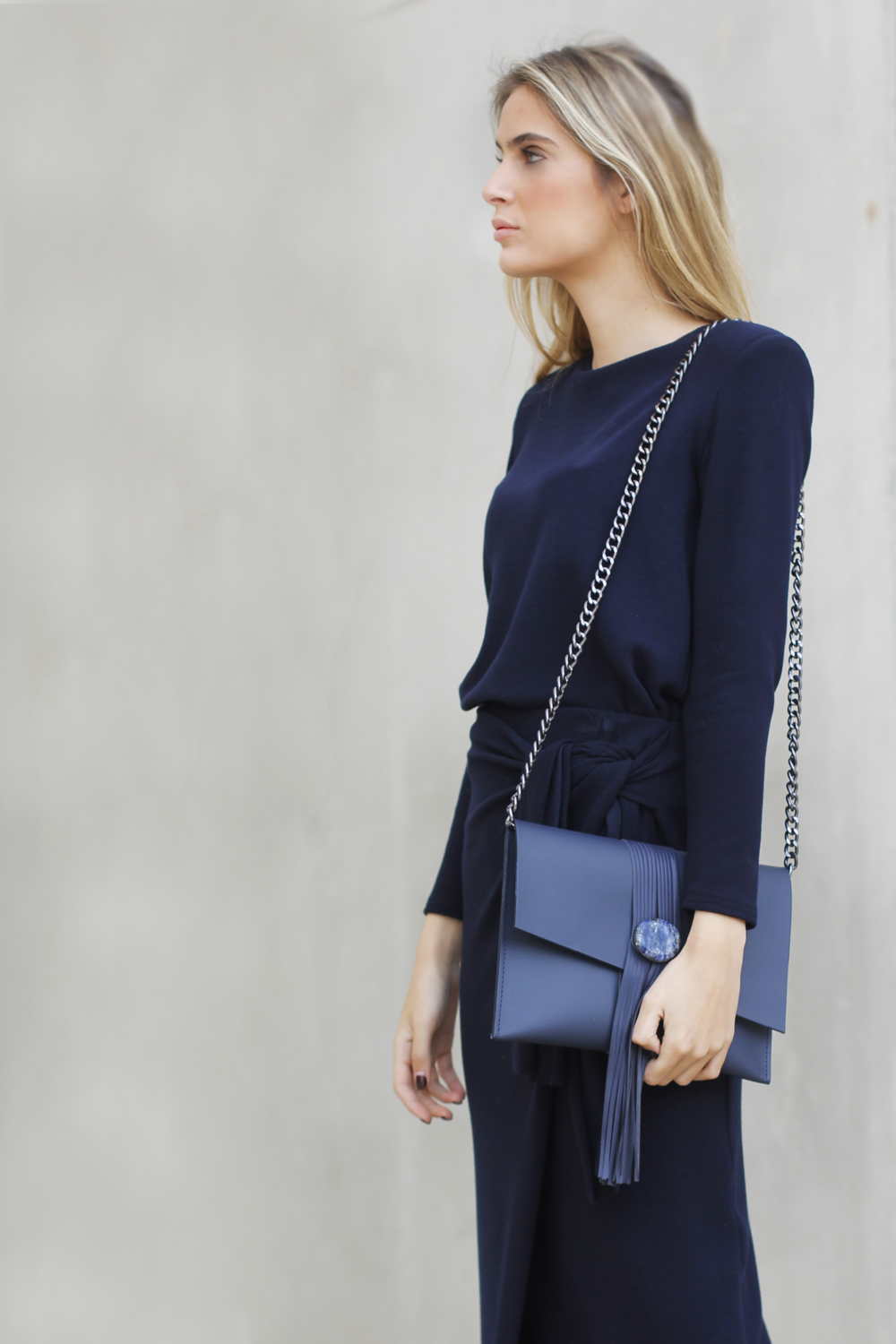
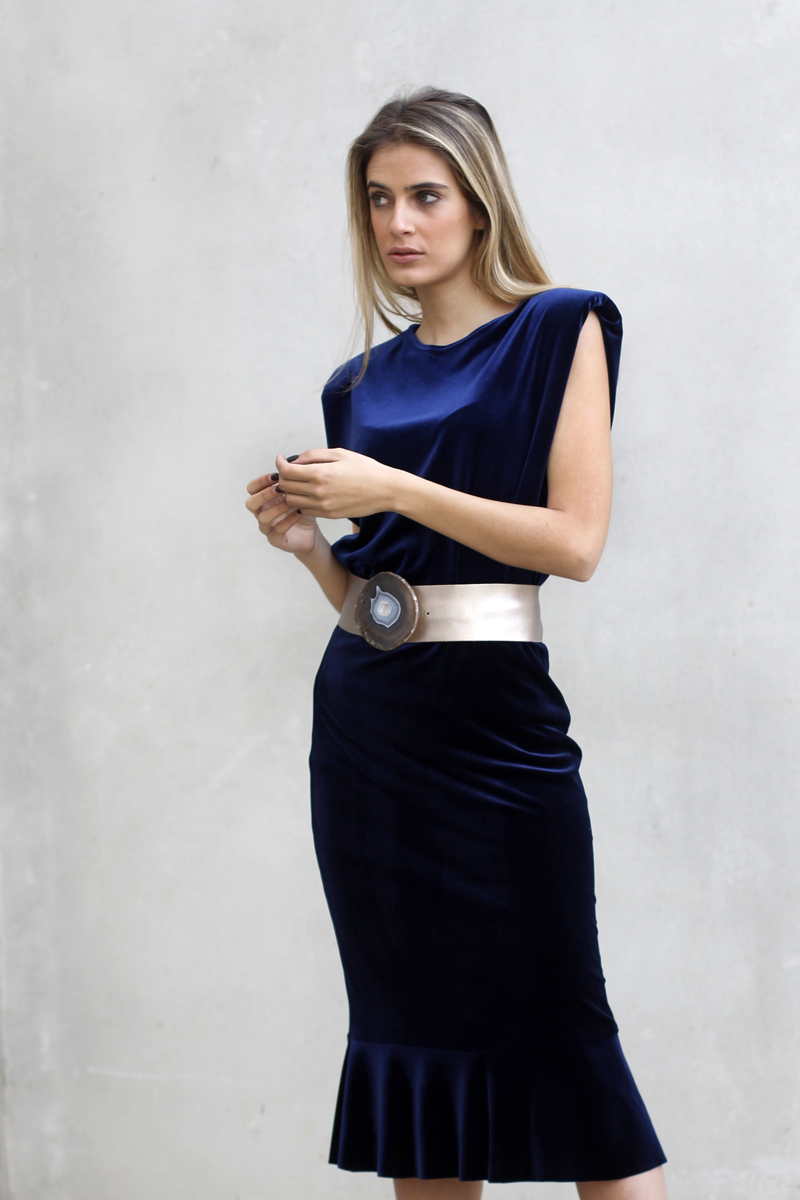
A COMMON PLAN FOR THE DIGITISATION AND SUSTAINABILITY OF SPANISH FASHION
We corroborated this statement with Ángel Asensio, President of ModaEspaña, the Confederation of Spanish Fashion Companies. "The challenges for Spanish fashion in the future are quality versus quantity; the reindustrialisation of the sector in Spain, supporting rural and female employment; digitalisation; creating products that are less harmful to the planet; and recycling, so that all garments have a second or third life" - he declared in an exclusive interview with Luxiders.
It seems that in this sense, the Spanish fashion sector can look to the future with optimism thanks to the Strategic Project for Economic Recovery (PERTE), a historic initiative for the Spanish industry, which for the first time is lobbying to generate investments worth 11,000 and 12,000 million euros financed by the Next Generation funds of the European Union. What is the common plan?: "PERTE wants to support mainly small and medium-sized companies, 50% of the aid will go to digitalisation and 50% to sustainability" -said Asensio. PERTE arrives therefore as a great source of hope for the Spanish textile industry. We will be watching for the approval of this common textile plan to start giving good news for Spanish sustainable fashion.
+ Words
Belvis Soler
Luxiders Magazine

